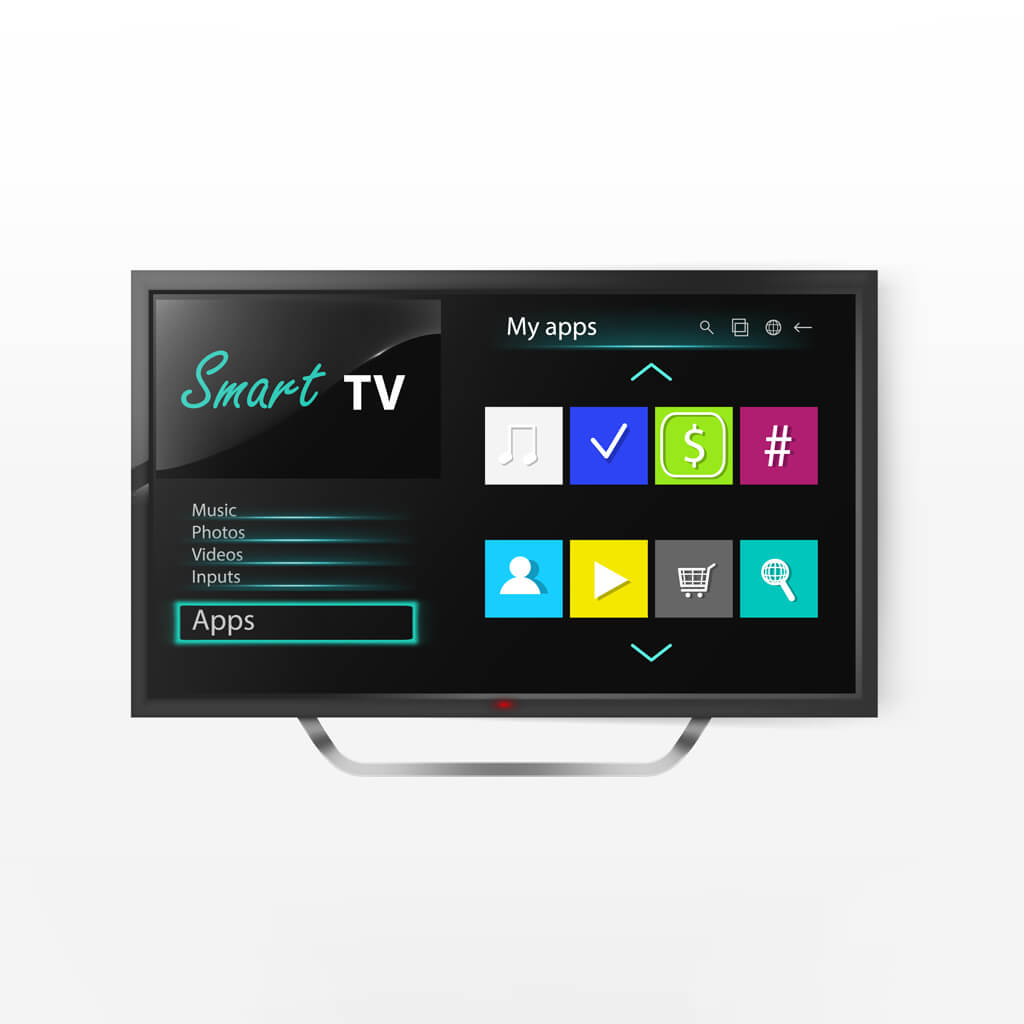The television has come a long way since its inception, and smart TV technology is the latest innovation that has revolutionized the way we consume content. A smart TV is more than just a device for watching shows and movies; it’s a gateway to a vast array of entertainment options and interactive features. With the integration of the internet and a range of dedicated apps, smart TVs offer viewers a personalized and immersive viewing experience.
One off the key advantages of smart TVs is their connectivity. These devices can connect to the internet via a wireless or Ethernet connection, providing access to a range of online services and content. This connectivity also enables seamless integration with other smart devices in the home, allowing users to control their TV and access content using voice commands through digital assistants like Amazon’s Alexa or the Google Assistant.
The app ecosystem is another significant aspect of smart TV technology. Similar to smartphones, these TVs provide access to dedicated app stores, such as the Roku Channel Store or the Apple TV App Store, offering a vast selection of applications. Whether it’s streaming services like Netflix and Spotify, social media platforms, fitness apps, or games, smart TVs provide a diverse range of entertainment options for users of all ages and interests.
Smart TVs also offer a high level of personalization. Users can create customized profiles, tailoring the home screen to their preferences. This includes arranging apps in a preferred order, setting favorite channels, and receiving personalized content recommendations based on viewing history. This customization ensures that users can quickly and easily access the content they love, enhancing their overall viewing experience.
Moreover, the integration of voice control and artificial intelligence (AI) has further enhanced the capabilities of smart TVs. Voice assistants built into the TV or accessed through connected devices allow for hands-free control, making it convenient for users to search for content, adjust volume, change channels, or launch specific apps using voice commands. AI-powered features also enable advanced picture and audio processing, enhancing the overall quality of the viewing and listening experience.
Another notable aspect of smart TV evolution is the continuous software updates released by manufacturers. These updates not only improve performance and fix bugs but also introduce new features and functionalities. As a result, smart TVs can remain up-to-date and relevant for longer, providing users with a continually enhanced experience without the need for frequent hardware upgrades.
The design and aesthetics of smart TVs have also evolved, with manufacturers focusing on sleek and elegant designs. Thin bezels, ultra-slim profiles, and innovative stand designs contribute to the overall appeal of these devices, ensuring they become a stylish centerpiece in any room. Additionally, advancements in display technology have led to higher resolution screens, improved refresh rates, and enhanced color accuracy, delivering stunning visual experiences.
Sound quality has not been overlooked either. Many smart TV models now incorporate advanced audio technologies, such as Dolby Atmos, to provide immersive surround sound. This, coupled with slim but powerful speakers and innovative audio processing techniques, ensures that users experience rich and detailed soundscapes, elevating the overall audio-visual experience.
The evolution of smart TV technology has also brought about a shift in content consumption patterns. With easy access to a wide range of streaming services and online platforms, viewers are no longer restricted to traditional broadcast schedules. On-demand content allows users to watch their favorite shows and movies at their convenience, and the ability to stream live TV further enhances the flexibility and convenience offered by smart TVs.
In addition to entertainment, smart TVs have also become educational tools, providing access to a wealth of information and learning resources. From documentary channels and educational apps to online courses and interactive learning platforms, smart TVs have opened up new avenues for knowledge acquisition and personal growth. This aspect has been particularly valuable during periods of remote learning and restricted access to physical classrooms.
The evolution of smart TV technology has transformed the way we interact with and consume content. With constant innovations in hardware, software, and content delivery, smart TVs have become an integral part of our daily lives, offering endless hours of entertainment, information, and interactive experiences. As technology continues to advance, we can expect even more exciting developments in this space, further enhancing our viewing experiences and connecting us to a world of endless possibilities.
